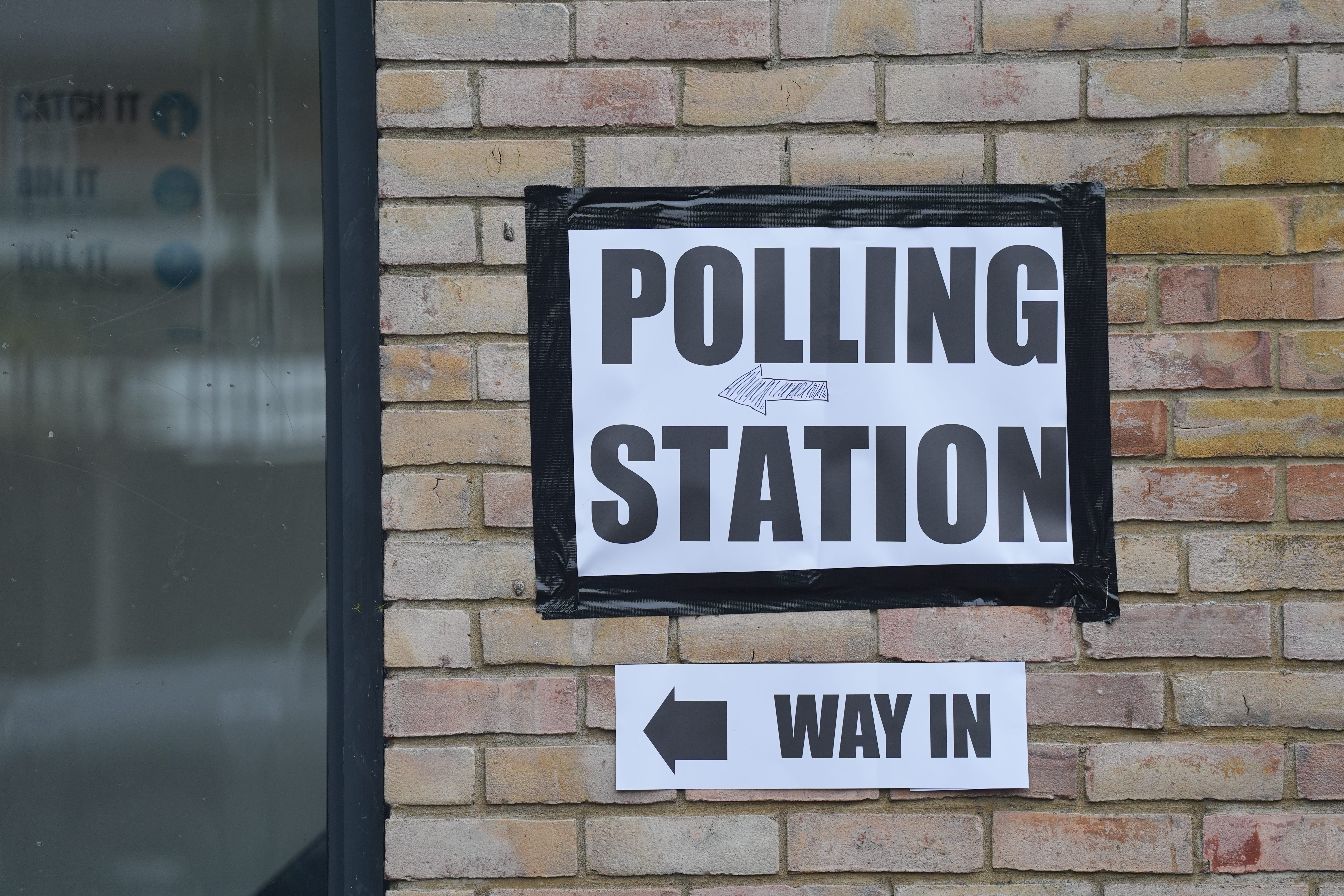Labour landslide flags how UK elections deliver wins that do not match votes
Westminster elections are held under the first-past-the-post system.

Labour’s landslide victory with the backing of just over a third of voters has thrown into sharp relief the disparity between votes cast and seats won in the UK’s electoral system.
The UK’s Westminster elections are held under the first-past-the-post system, in which 650 MPs are each elected from a geographical area or constituency where they have secured the largest number of votes – whether that is one or 10,000 more than the second-placed candidate.
Critics say this system leads to many wasted votes, where those cast for a losing candidate in a constituency are effectively discounted, as are any votes for the winning candidate above the total they needed to win.
It can lead to “swingy” results, with the Conservatives storming to victory in 2019 and then Labour winning a landslide in 2024, even though Sir Keir Starmer’s party has won less than 2% more of the overall vote share than Jeremy Corbyn did five years ago – and fewer votes.
And it makes it hard for smaller parties to get representation in Parliament, if their lower vote share, when spread across constituencies, means they come first in few places and therefore do not secure many seats.
This will be particularly clear in this Parliament where Labour has, as of Friday morning with all but two results declared, secured 63% of the seats in the Commons with 34% of the vote, while Reform UK had gained just four seats, or less than 1% of the total, with 14% of the vote.
The Green Party is another of the smaller parties with the electoral cards stacked against them, also securing four seats with 6.8% of the vote.
Another way to look at it would be that Reform secured just one seat for every million votes cast for the party, while Labour gained an MP for every 23,500 votes it won.
The first-past-the-post system has come under increasing scrutiny as the electorate turns to alternative parties that they feel better represent them, so that while in the 1950s the Tories and Labour between them secured more than 90% of the vote, this year it will be less than 60%.
In this election the Liberal Democrats have seen their vote share and MPs in the Commons pretty much line up, but Sir Ed Davey’s party has long advocated for proportional representation which it says would make “seats won match votes cast” and facilitate “politicians having to work together”.
Reform UK leader Nigel Farage also called for electoral change in the run-up to polling day, as he foresaw that his party’s thin voter base spread across the country would translate into just a handful of MPs.
While Labour is the current beneficiary of the first-past-the-post system, the party’s conference backed proportional representation two years ago.
The UK is an outlier in Europe for its first-past-the-post system, while Scotland, Wales and Northern Ireland all use different systems from Westminster to elect their representatives to their Parliaments and Assembly, which aim to be more representative.
Bookmark popover
Removed from bookmarks